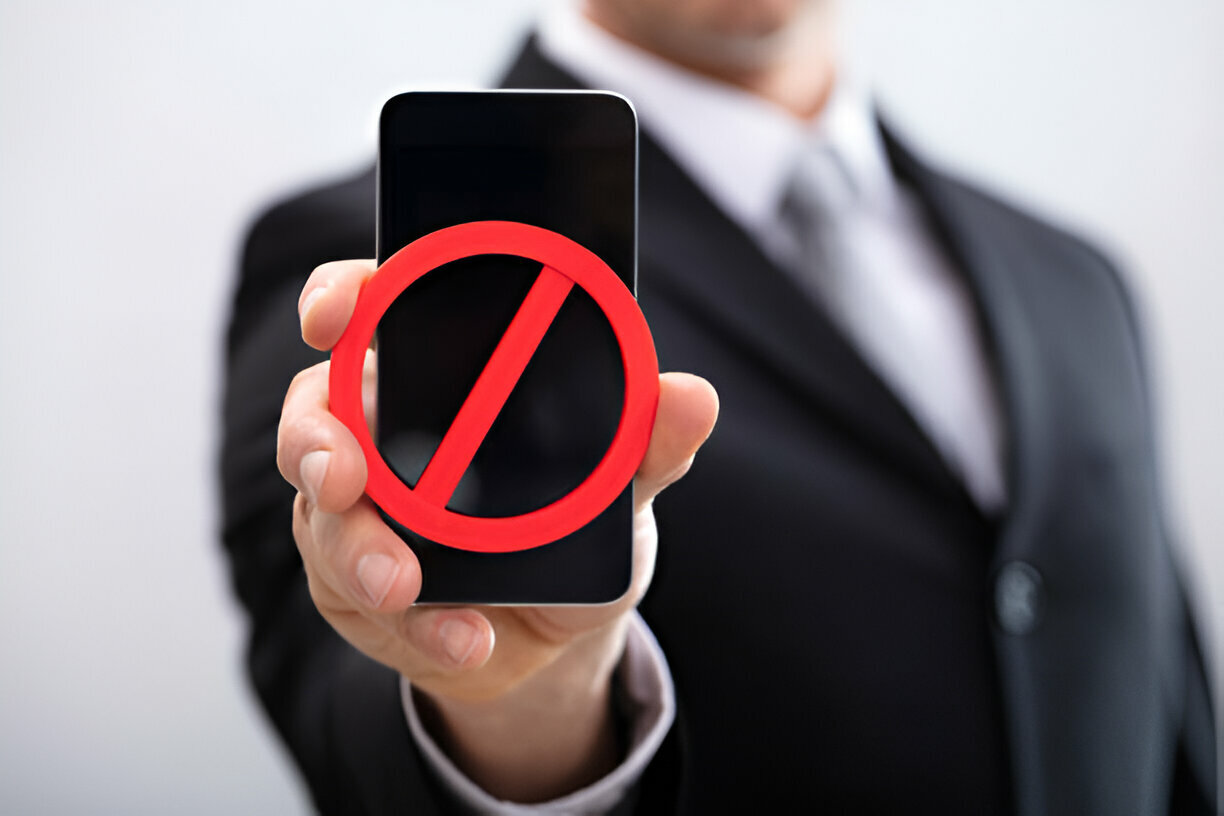Over the past few years, there’s been a lot of talk surrounding the potential limitations and the banning of multiple social media platforms. While this might surprise a lot of people, the reality is that too many keep up with the news this seemed almost inevitable. The discussion was inflamed even further when Elon Musk the richest man on the planet decided to purchase Twitter and turn it into X. For a long time, there was a lack of discussion surrounding the power of social media and its influence on populations, and the potential to create monopolies when it comes to holding this much power over online platform experience. So, when we talk about the many instances that exist to regulate these platforms one in particular comes to mind. This one applies most regulations regarding competition and industry in the UK, we are of course talking about Ofcom.
Does Ofcom have the power to ban social media platforms?
The reality of course is that if Ofcom wants to go ahead and ban the platform at large in the UK there will be a lot more scrutiny about this decision before it can go through. Mind you this doesn’t mean it is impossible; all this means is that the prime minister, currently Kier Starmer of the Labour Party, would need to approve the use of such powers. This became pretty clear in August of 2024 when there were a lot of discussions surrounding the potential sanctions to be applied to Twitter. This topic of discussion became incredibly important after many events rocked the United Kingdom in 2024 and led the government to wonder if these platforms’ powers aren’t causing real-life harm.
What caused the calls to ban social media platforms to begin with?
It might come as no surprise to hear that ever since the acquisition of Twitter by Elon Musk there has been a lot of pushback and discussions surrounding the cultural impact and power of social media platforms. This discussion mostly comes after the fact that in 2024 in the United Kingdom, there were massive events of public unrest caused by right-wing agitation. Whether you agree or not with the premise the reality of course remains that at the end of the day, many people participated in a March that tried to burn down a hotel as well as destroyed the interior of many buildings said to cater to an ethnically diverse community. It is no wonder then that the government started to look into the online footprint of many right-wing activists who participated in the rise of violence against marginalized groups. This of course drove the government to push Ofcom to take a deeper look into the media platforms used by said activists.
Do social media platforms have an unrestricted amount of influence?
One of the biggest problems when we talk about the influence coming from media platforms is of course the fact that many points of view and stories can be artificially brought to people’s attention. What this means is that through the paid services offered by online platforms, users can purchase views and likes to boost their post’s performances and increase their chances to have higher engagement. While in most cases this is not that much of a problem the reality of course Is that trouble arises when politically active accounts start using these features to promote falsehoods as well as inflammatory stories. This is why many people are critical of the moderation of websites like Twitter where a lot of right-wing stories are not only promoted but also not properly scrutinized when it comes to if they are true or not. While many people claim this is an issue of free speech the reality of course is that once these online platforms start to push people to violence against innocent people it’s no wonder that the government thinks there is cause for concern.
As you can see for now Twitter hasn’t seen its role in international discourse be diminished despite the presence of many critics calling for higher regulations surrounding platforms like it and Facebook. There is something to be said about billionaires being able to own these public forums in which people used to be free to post everything they wanted without biased moderation. Only time will tell if an organization like Ofcom will find it necessary to intervene and take action.




